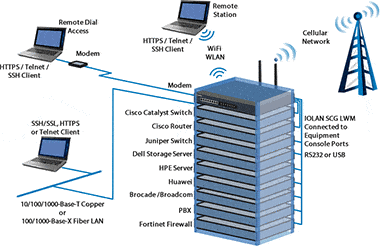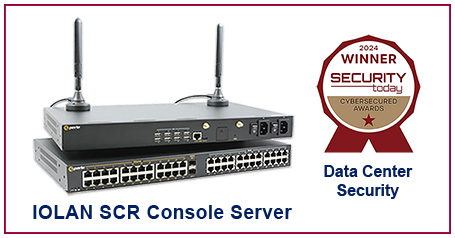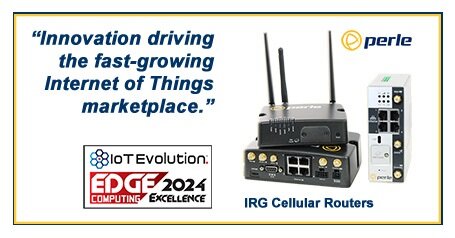
Facebook's newest data center may impact hardware organization
By Donna DonnowitzNovember 17, 2014
Disruption is always around the corner
Fabric architecture for data centers is liable to gain momentum if Facebook's newest facility is a success. This trend would pose problems for manufacturers, like Cisco and Juniper, whose revenue streams depend on the core-focused infrastructure that still acts as the data center industry's status quo, said Wired. The scalability of the core/tier structure has been deemed insufficient for the new crop of "mega data centers" that are expected to pop up as the industry consolidates its holdings. Facebook's pod infrastructure is exceptionally scalable, allowing users to simply add pods as their capacity needs increase.
Tech giants have been at the heart of data center design for years. However, a single advancement in data center design has the potential to upset well-established brands with long-standing solutions. That's why IT staffs can minimize their own workload by keeping data center expansion as scalable and flexible as possible. Often makeshift solutions for scalability, such as connecting one network to another site via remote console servers, can act as cost-effective transitional solutions while IT makes decisions about the future of the facility's data architecture.
Perle's wide range of 1 to 48 port Perle Console Servers provide data center managers and network administrators with secure remote management of any device with a serial console port. Plus, they are the only truly fault tolerant Console Servers on the market with the advanced security functionality needed to easily perform secure remote data center management and out-of-band management of IT assets from anywhere in the world.



